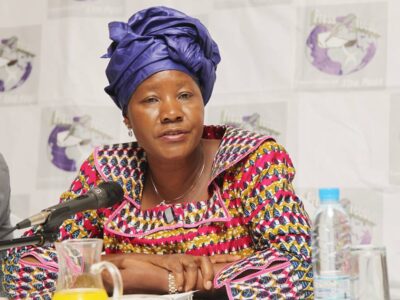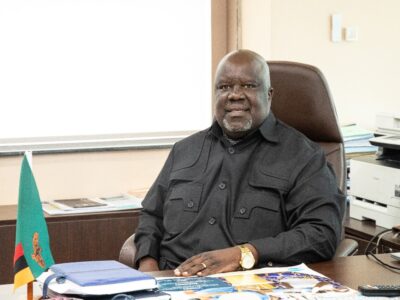United Nations experts, under its Human Rights Council, have called on the Zambian government to immediately address escalating infringements on fundamental freedoms, citing numerous allegations of arbitrary arrests and detentions.
In a statement issued on Thursday evening, the rapporteurs expressed concern over arrests related to unlawful assembly, espionage, hate speech and seditious practices.
They highlighted that opposition leaders, parliamentarians, human rights defenders, and activists were increasingly targeted, with restrictions imposed on gatherings, meetings, and peaceful protests.
Since January 2022, at least 26 such cases have been reported to the experts.
They noted that many of these actions appeared to be aimed at suppressing critical views and curbing political and public participation, leading to heightened political polarization and self-censorship.
The experts warned that these practices undermine core democratic principles, including freedom of opinion, expression, association, and assembly.
They are concerned that these actions exacerbate ethnic and regional divisions and further shrink civic space.
Additionally, the experts reported 16 incidents involving journalists and media outlets, and 11 cases of clashes and assaults, often involving members of the ruling party targeting opposition members and supporters.
Even clergy had faced arrests and disruptions of meetings by law enforcement agencies.
To de-escalate tensions, the experts recommended that the government upheld constitutionally guaranteed rights, foster a safe civic environment, and expedite legislative reforms, including the Public Order Act, Penal Code, and State Security Act.
They also urged the government to ensure that state actors, including the Zambia Police Service, protected human dignity and rights.
“We are deeply troubled by allegations that state actors have used outdated legal provisions, such as ‘seditious intention,’ to suppress legitimate freedom of expression,” the experts said.
They also criticized delays in judicial processes and arrests made before thorough investigations.
While acknowledging the government’s efforts to counter hate speech and maintain peace, the experts emphasized that such measures must align with national laws that conform to international human rights standards.
They urged the government to break destructive patterns of conflict between ruling and opposition parties by engaging in dialogue.
The experts who worked on rights infringements in Zambia were Gina Romero, Special Rapporteur on the rights to freedom of peaceful assembly and of association, Mary Lawlor, Special Rapporteur on the situation of human rights defenders and Irene Khan, Special Rapporteur on the right to freedom of opinion and expression.
Special Rapporteurs are part of what is known as the Special Procedures of the Human Rights Council.
Special Procedures, the largest body of independent experts in the UN Human Rights system, is the general name of the Council’s independent fact-finding and monitoring mechanisms that address either specific country situations or thematic issues in all parts of the world.
WARNING! All rights reserved. This material, and other digital content on this website, may not be reproduced, published, broadcast, rewritten or redistributed in whole or in part without prior express permission from ZAMBIA MONITOR.












Comments